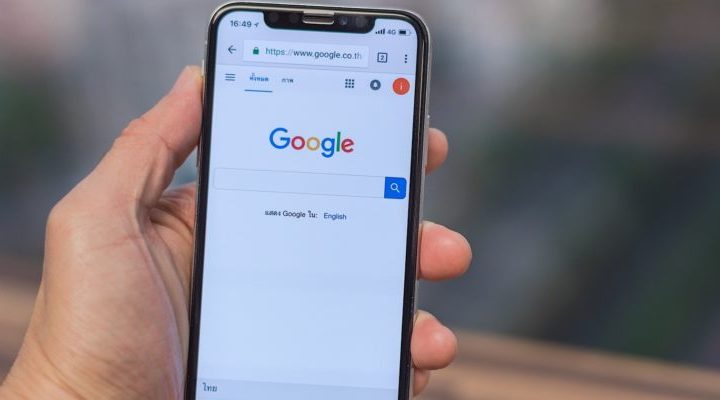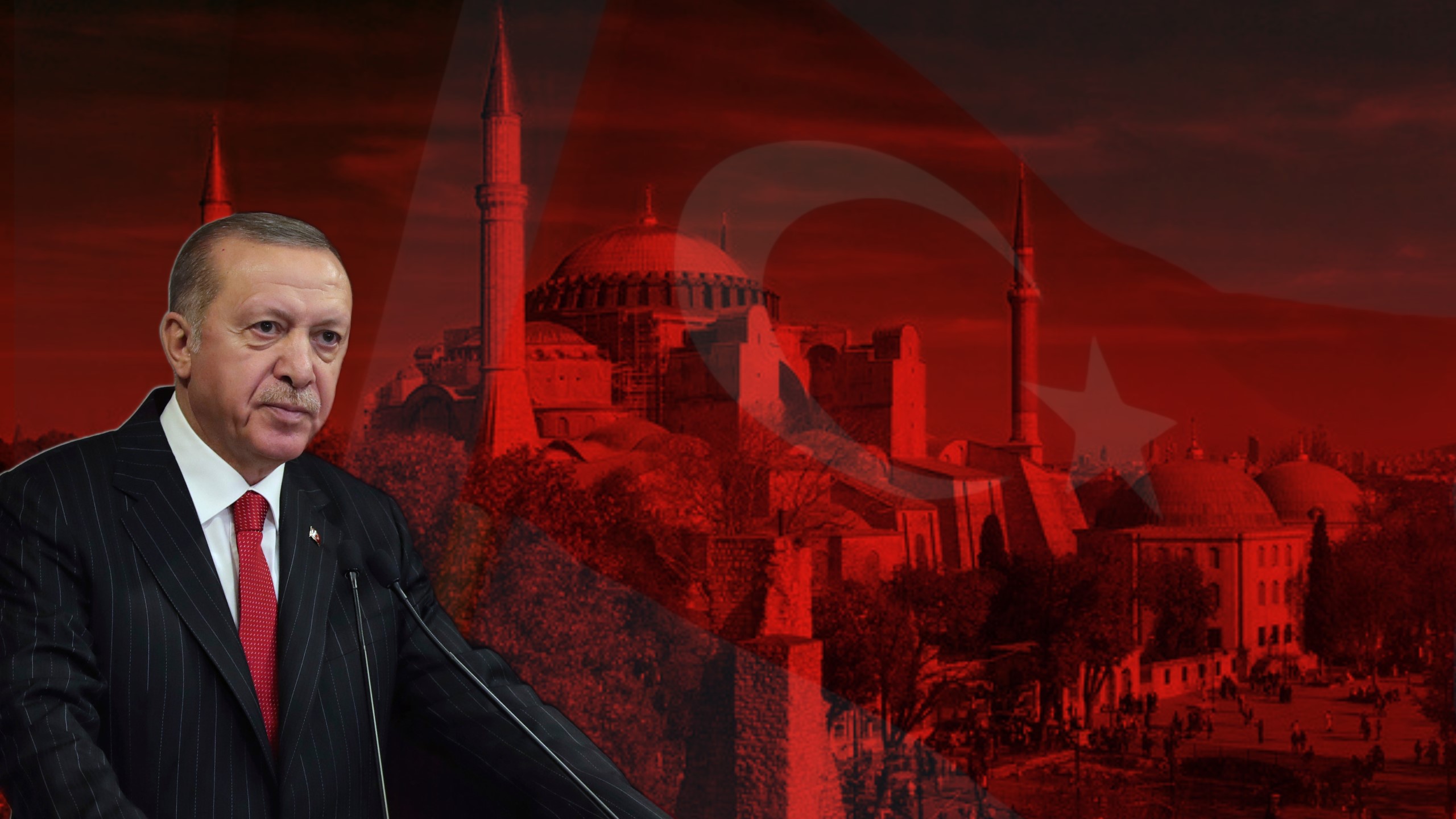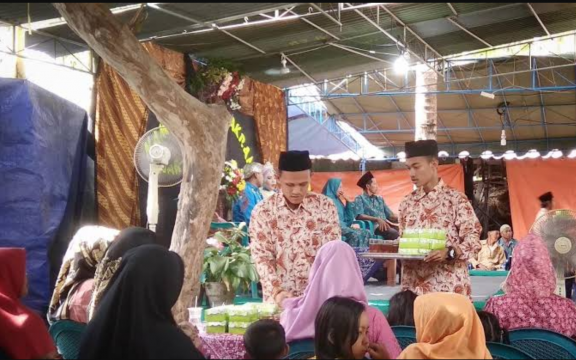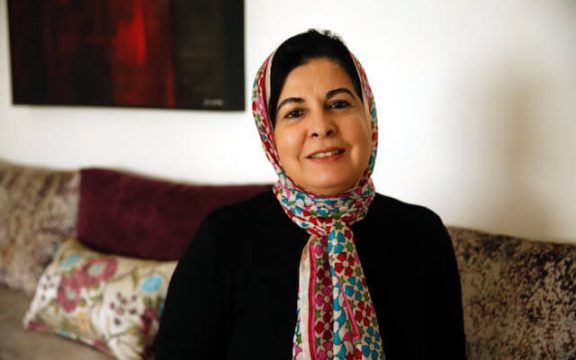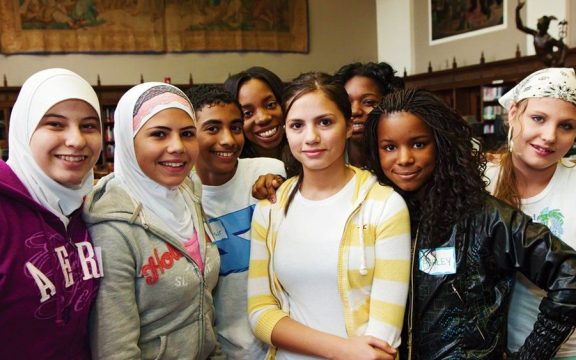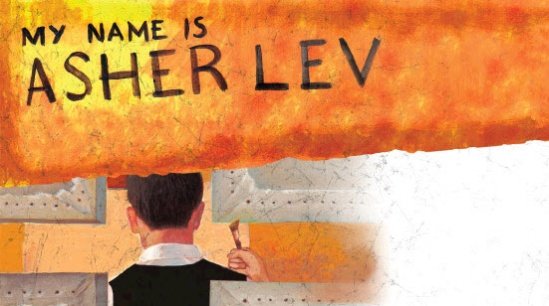What if the millenials, as the most internet users, learn Islam by “Google” without guidance by an expert religious teacher? Answering the question, I would like to ask: who holds the right to decide the interpretation of the Quran and Hadits?
The classic Islamic philosophy said that only those expert in religion have the authority to determine that. Everyone else automatically will be the commons, the followers (taqlid).
The islamic history showed the long discussion of Imam Malik and Imam Syafi’i. Imam Syafi’i visited Imam Malik house, aiming that he wanted to learn Hadits—though it does not mean that As-Syafi’i is least expert on the subject.
Imam Malik then asked Imam Syafi’i to read his monumental work, al-Muwaththa. Imam Syafi’i read it fluently. When call for Salat came in, they both allow each other to lead Salat as imam. Finally, they both took turns leading Salat. From this history, we know that Imam Syafi’i put himself as one of Imam Malik students.
Now, in the age of unprecedented digital and technology advance, whom are we learning Islam from? Most of us would probably answer: trhough search engine Google, reading inspirational Quranic verses from our friends’ social media feeds, or copying the broadcast in our family Whatsapp groups.
Learning Islam is, ironically, getting more “simple”, for example: when you are looking for an explanation of what Islam says on wearing hijab, you will mostly find through links appearing in the first page of Google. Perhaps, you will open one or two links, then you begin to feel that yourself has known the Islamic teaching you look for. And, you will broadcast it in many whatsApp groups or social media accounts by yourself. Ironically, getting more simple means; without dialogue, without reviews (muthala’ah) and critics, and of course absence of context in developing your understanding about the islamic knowledge which you found on internet.
The questions will follow: what kind of links did you read? Are they really refer to the authoritative experts in its fileds? Or, were they just click-bait provocative links that randomly appear on your phone screen?
And, if this learning Islam mechanism is returned to the first question I raised, the answer would exactly; Google.
Google took over perfectly the traditional study circle known and lived by traditional Islamic students (Santri) for many years. They intensively commit themself to a lot of fields like Arabic grammar (nahw, sharf, mantiq, and balaghah), the methodology of interpretation and islamic law (ushul fiqh), history, and anything else.
Google simplifies all of knowledge to a stage: everything appear in the first page. We know that one of a big risk for common people in learning Islam without teacher, is they will likely swallow the message as it is. Excessive fanaticism, truth and salvation claims never stop being debated since then.
Right in the face of this “new tradition” of learning Islam, the position of Islamic scholars is knocked out from public imagination, despite their experience and dedication for having spent long period in learning Islam. What we call “the expert” or the reference is not, for example, Tafsir al-Misbah by Indonesian senior exegete Quraish Shihab. But in fact, it is Google.
Amidst fanaticism alone caused the limited knowledge, the Shihab masterpiece does not echo for the common, let alone referred to understand Quranic verses. Moreover, the knowledge of rijal al-hadits, musthalah al-hadits, or matn al-hadits does not seem to appear in common understanding.
This is the fact nowadays. There are so many social media users tend to believe in links in Google page more than what authoritative Islamic scholars said. Naturally, then, our islamic life becomes very ridiculous of so many claims and views produced anonimously.
The polarization of the members of Islamic community (ummah) appear vividly in our daily life. As member of ummah, we are against and despise each others. This is obviously different with the intellectual tradition of our islamic scholars like Imam Malik and Imam Syafi’i as told above.
And, we absolutely regret this situation. The instant, yet simple learning of Islam from Google resulting to lack of knowledge, thus bring us prone to disputes and the hostilities. Creating a real gap, defining we and they, instead of us as a one ummah .
Originally translated from Indonesian article on islami.co, written by Edi AH Iyubenu: https://islami.co/jika-milenial-hanya-belajar-islam-lewat-google/
![Islami[dot]co](https://en.islami.co/wp-content/themes/jambualas/images/logo.png)
